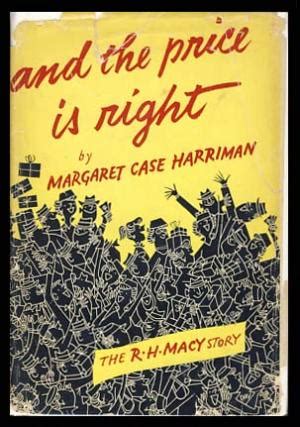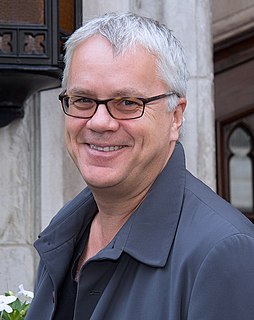A Quote by Arthur Koestler
The most persistent sound which reverberates through man's history is the beating of war drums.
Related Quotes
And have I not told you that what you mistake for madness is but over-acuteness of the sense? --now, I say, there came to my ears a low, dull, quick sound, such as a watch makes when enveloped in cotton. I knew that sound well, too. It was the beating of the old man's heart. It increased my fury, as the beating of a drum stimulates the soldier into courage.
Signal smokes, war drums, feathered bonnets against the western sky. New messiahs, young leaders are ready to hurl the finest light cavalry in the world against Fort Stark. In the Kiowa village, the beat of drums echoes in the pulsebeat of the young braves. Fighters under a common banner, old quarrels forgotten, Comanche rides with Arapaho, Apache with Cheyenne. All chant of war. War to drive the white man forever from the red man's hunting ground.
We are in a war of a peculiar nature. It is not with an ordinary community, which is hostile or friendly as passion or as interest may veer about: not with a state which makes war through wantonness, and abandons it through lassitude. We are at war with a system, which by its essence, is inimical to all other governments, and which makes peace or war, as peace and war may best contribute to their subversion. It is with an armed doctrine that we are at war. It has, by its essence, a faction of opinion, and of interest, and of enthusiasm, in every country.
It is agreed that all sound which is the material of music is of three sorts. First is harmonica, which consists of vocal music; second is organica, which is formed from the breath; third is rhythmica, which receives its numbers from the beat of the fingers. For sound is produced either by the voice, coming through the throat; or by the breath, coming through the trumpet or tibia, for example; or by touch, as in the case of the cithara or anything else that gives a tuneful sound on being struck.
As we have sought through the centuries to define ourselves as human beings and as nations through the prisms of history and literature, no small part of that effort has drawn us to the subject of war. We might even say that the humanities began with war and from war, and have remained entwined with it ever since.
War is the admission of defeat in the face of conflicting interests: by war the issue is left to chance, and the tacit assumption that the best man will win is not at all justified. It might equally be argued that the worst, the most unscrupulous man will win, although history will continue the absurd game by finding him after all the best man.






































